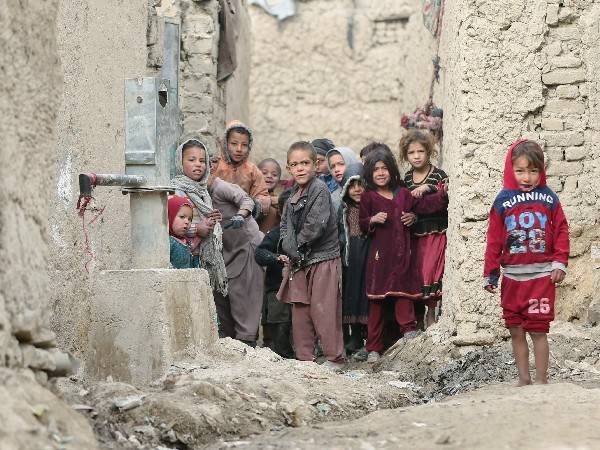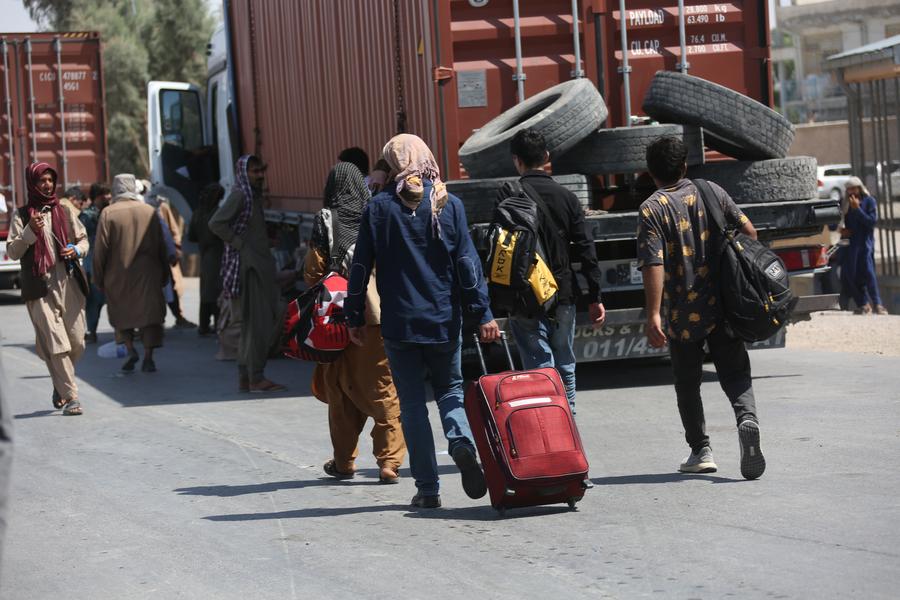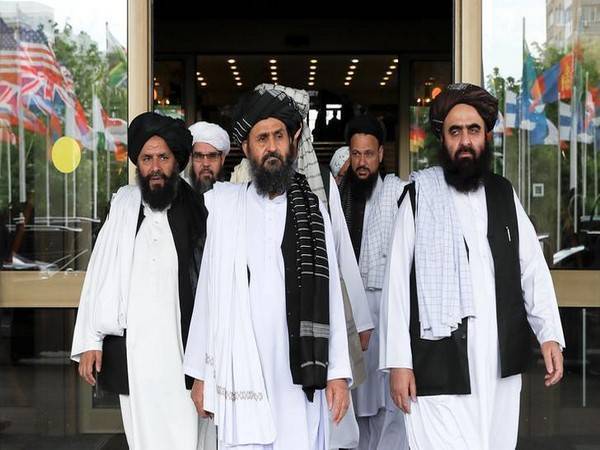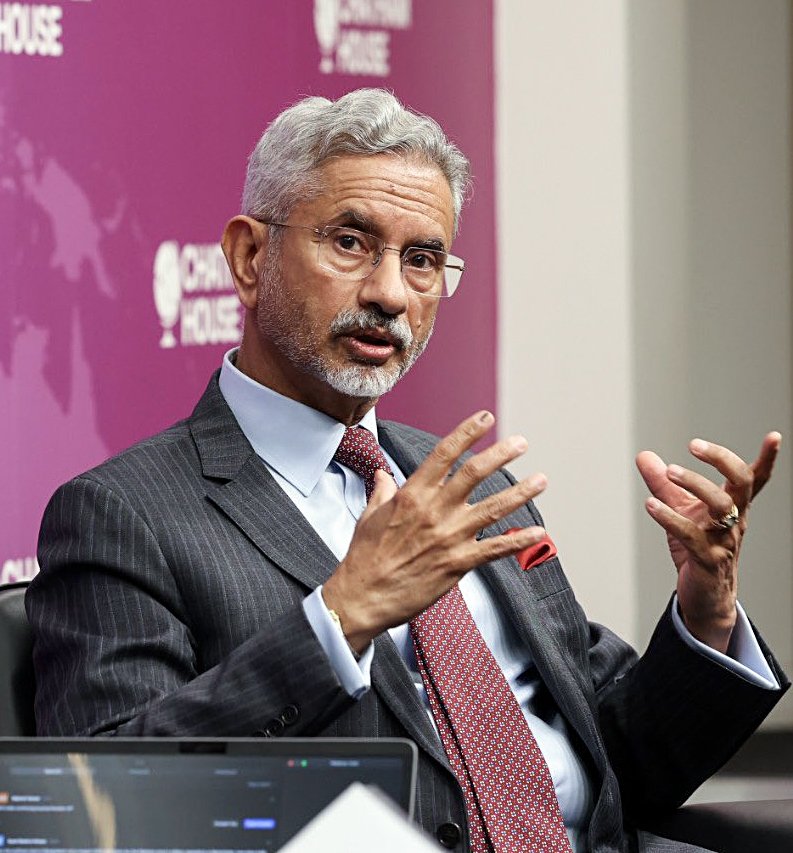Without ensuring that funds are being used for legitimate humanitarian and commercial purposes, the HRW said it will be impossible to ease the crisis and help Afghanistan’s most vulnerable children….reports Asian Lite News
As the spotlight continues to remain on the Russia-Ukraine war, roughly 13,000 newborns have died from malnutrition and hunger-related diseases in Afghanistan since January.
As many as 95 per cent of the population does not have enough to eat, and 3.5 million children need nutritional support. The United Nations has called the situation “a food insecurity and malnutrition crisis of unparalleled proportions.”
“Since the beginning of the year, roughly 13,000 newborns have died from malnutrition & hunger-related diseases in Afghanistan. That is on average more than 170 babies every single day The country needs a functioning Central Bank. Aid is not enough,” Birgit Schwarz, a senior official of Human Rights Watch (HRW) said in a tweet.
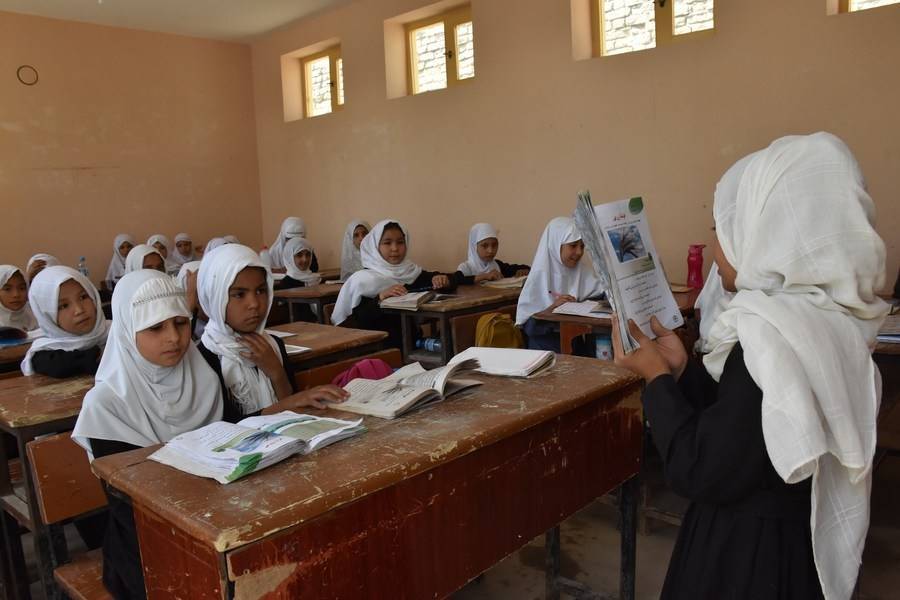
Aside from humanitarian aid, which many countries have sent, at this stage, Afghanistan also urgently needs a functioning banking system to address the crisis, as restrictions on Afghanistan’s Central Bank are still making large transactions or withdrawals impossible.
Without ensuring that funds are being used for legitimate humanitarian and commercial purposes, the HRW said it will be impossible to ease the crisis and help Afghanistan’s most vulnerable children.
UN Deputy Special Representative Ramiz Alakbarov, in a statement last week said acute hunger in the country rose from 14 million in July to 23 million in March, forcing households to resort to “desperate measures”.
“Unacceptable trade-offs have caused untold suffering, reduced the quality, quantity, and diversity of food available, led to high levels of wasting in children, and other harmful impacts on the physical and mental wellbeing of women, men, and children,” he spelled out.
A staggering 95 per cent of Afghans are not getting enough to eat, with that number rising to almost 100 per cent in female-headed households, according to the UN Resident Coordinator, who is also deputy head of the UN assistance mission, UNAMA.
“It is a figure so high that it is almost inconceivable. Yet, devastatingly, it is the harsh reality,” he said.
Alakbarov painted a picture of hospital wards filled with malnourished children, many weighing at age one what an infant of six months would weigh in a developed country, with some “so weak they are unable to move”.
Acute malnutrition rates in 28 out of 34 provinces are high with more than 3.5 million children in need of nutrition treatment support, said Dr Alakbarov.
He explained that since mid-August, over 2,500 nutrition treatment sites across all 34 provinces, both urban and rural, have been serving 800,000 acutely malnourished children, “and we plan to reach 3.2 million affected children this year”. (ANI)


